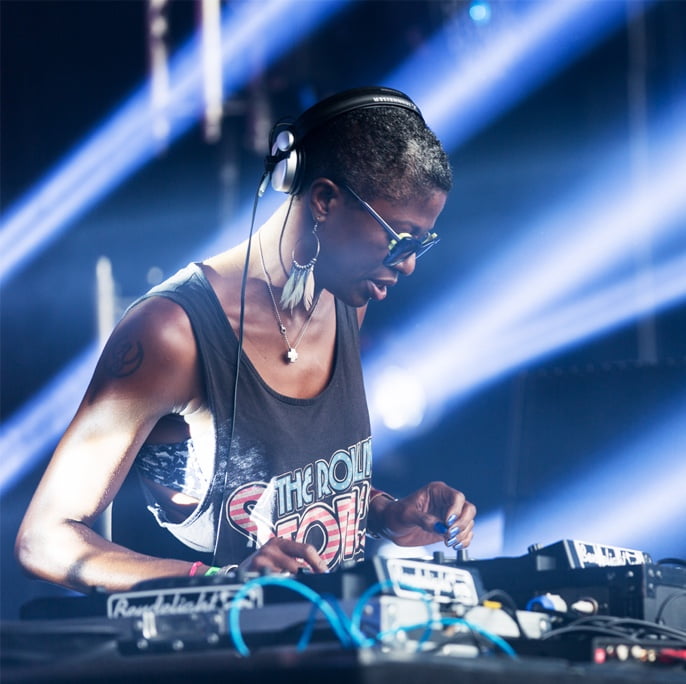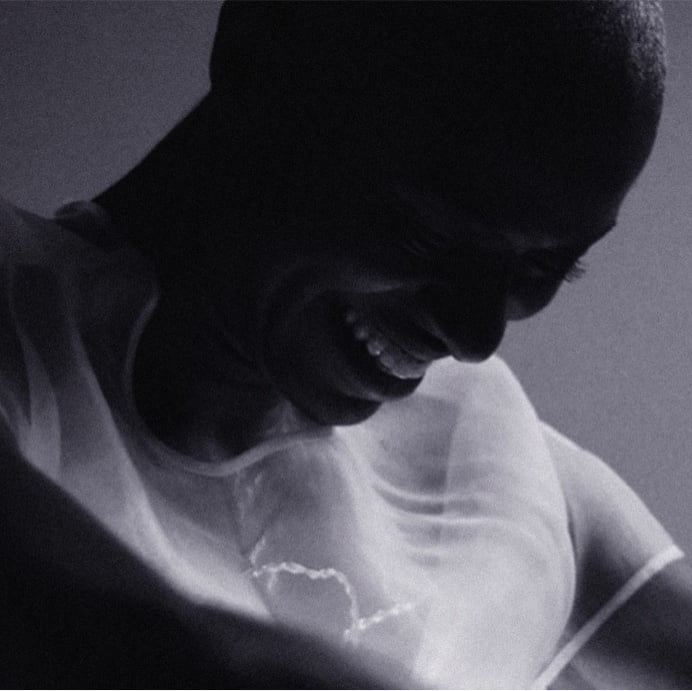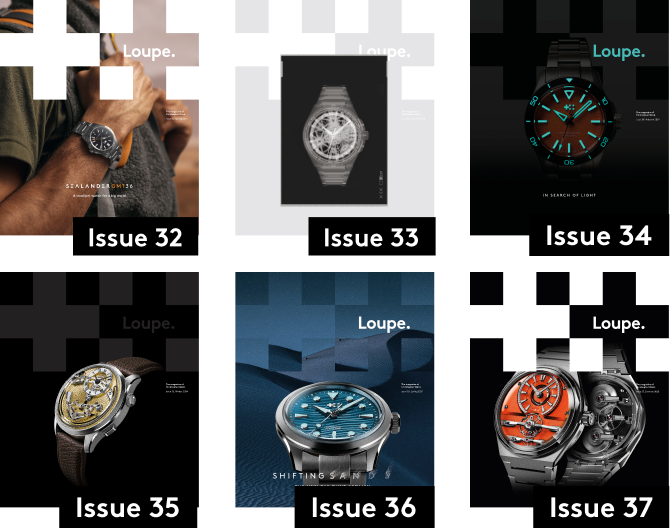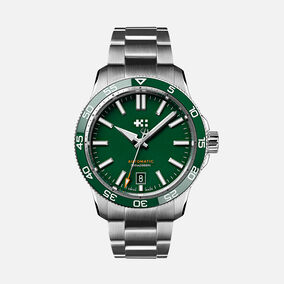Manchester DJ and broadcaster DJ Paulette has spent 30 years educating and entertaining with her impeccable musical selections – and now she’s telling her story in a brilliant new memoir
Manchester has always been a musical place. From The Smiths to New Order, Stone Roses to the Happy Mondays and Oasis, you’d be hard-pressed to find another city with such a formidable pop heritage.
But if you know Manchester and understand the rhythms of life in Ardwick, Moss Side, Hulme, Old Trafford and Whalley Range, for at least 60 years, its musical pulse has been provided by the post-war West Indian immigrants (and their offspring).
Their clubs, dances and ‘blues’ parties may not have made headlines(or inspired walking tours), but without the jazz dancers, the early house music heads, and the mid-’80s breakdance crews on Market Street, there would have been no ‘Madchester’, and certainly no Haçienda nightclub.
Nobody personifies the influence of this cohort better than DJ Paulette. For 30 years, she’s been one of the key players in British dance music, and in 2022 won a Lifetime Achievement Award from DJ Mag.
Now, she’s written a book, Welcome to the Club: The Life and Lessons of a Black Woman DJ. Described as both a memoir and a ‘call to arms’, according to its publisher, the book is “a celebratory exploration of the music industry and an attempt to do justice to the often-invisible women who keep its heart beating”.
Here, Paulette chats with Loupe to talk about everything from prejudice in the music industry to the power of perseverance and how it really feels to stand behind the decks.
Hi Paulette! Going back to the beginning. Was music always a big thing for you?
I come from a really musical family. My mum was a singer – she had a band that was big in Manchester. She’s also a jazz vocalist and performed at the Eisteddfod in Wales. Through the 1960s my parents were part-owners of the Ebony Club, one of the first integrated venues in Manchester – a place where black and white people could listen to music together. We did loads of singing, I was one of those kids that would go on stage and sing and dance. We didn’t get to the status of The Jacksons, but that’s who we modelled ourselves on when we went to the West Indian Centre. Through school I passed my Grade 2 violin when I was seven; me and my twin played in the school orchestra, and I can still play piano by ear. And yet, I didn’t want to do music production. I like records and I like music made by other people.
“DJing has taught me to be sure of who I am – and what I stand for”

What was your first DJ gig like? Unpaid?
No! I got paid! I went from my first gig to a residency at the Haçienda. I wasn’t planning to be a DJ. I was a clubber – and have been since I was 15 years old. My family are known in the Manchester clubbing set. We’re ‘faces’. A friend of a friend was putting on a party at the Number 1 club in Manchester. She’d run out of money to book a proper DJ and someone told her about my record collection, and that she should ask me. She said to me, “I’ll pay you £30,” – which was decent in 1992. “You’re playing from 9pm till 2am.” Without that booking, I wouldn’t be a DJ.
What life lessons has DJing taught you?
God, lots! In terms of politics it’s taught me patience. Like every job in the world, you have to do 10 times more as a black DJ, as you do as a white DJ – to get half as much ‘sunshine’.
Does being a northerner play against you as well?
Of course it does! In 1994, when I moved to London, and I had a residency at the Zap club in Brighton and regular dates at Heaven, I wanted to work in radio – I’d had a radio show in Manchester. I went for a meeting on this and was told I’d never get a show on the radio in London with a Manchester accent! The north-south divide is real whatever job you’re in. If you’re in a job in London, you’ll find it harder to climb the ladder than if you’re ‘Jonty’ or ‘Camilla’ who went to private school. This teaches you resilience. DJing has taught me to be sure of who I am musically – and what I stand for in life. And to not be afraid of branching out and be curious. It makes you an explorer – you’re always looking for something!
Have you ever had a terrible gig?
Everyone has! You’ve been booked somewhere – and the music is totally different. Once I was doing a big party for a radio station in Paris. We always had this party once a year in the Virgin store on the Champs-Élysées. I’d played it before. I was a headliner. All these DJs are playing before me, I’m listening to the sound system and can tell something isn’t right. There’s feedback. I went on, and the guy before me said, “There’s only one CDJ working.” I said, “How have you managed?” – and he went, “Oh it’s just happened.”
Then what?
The place is full. I start off, and put my CD in. Nothing. I tried all four CDJs – only one was working. The crowd is starting to get a bit testy as the music’s stopped. I looked at the DG of the radio station and asked if there was a sound tech about, and he said, “Why don’t you sing?”. I lost it!
Tell us about your new memoir, Welcome To The Club
A normal person, no matter what industry they’re part of, will see themselves in it. In order to get an idea of how I’ve progressed through the last 30 years, I’ve drawn on the experiences of people who came up with me, employed me or DJed with me. There’s people like [BBC jazz DJ] Gilles Peterson, [legendary London DJ] Norman Jay, plus female DJs like Colleen ‘Cosmo’ Murphy and BBC Radio 6 Music’s Jamz Supernova.

The UK ‘acid house’ scene has a myth that says it began when four London DJs went to Ibiza and brought the culture back here. You say that’s not the case…
At the same time it was starting, there were lots of other parties that weren’t archived or talked about because they happened in the north of England. It’s the same with the contribution of black people in London – that’s why Norman Jaye’s commentary is so essential because we’ve not been counted into any of it. In any job or discipline, whatever difference you make might be overlooked by the gatekeepers.
But the book also tells the pandemic story and how we came out of it: what we missed, what we could have done and what we did to rescue our culture, which looked like it was going to be destroyed. But it’s not all serious – it’s music, it’s funny, there are loads of laughs in there!
Going back to the job of DJing itself: can you tell us about how you feel before you play?
Nervous! I’ve been DJing for 30 years – and it’s never changed. And following lockdown it’s got worse. That feeling is adrenaline and it’s also anticipation. I always want to do my best. Ten minutes before my set I’m reading the room. If my friends are with me, I can’t pay them any attention, because I’m looking at the clubbers. Who’s dancing? What are they dancing to? What tracks are working? What tracks aren’t? Is it the bass people like? Or the hi-hats? There’s a lot to take in!
Do you plan your sets?
I’ve never planned one in my life! I don’t tailor playlists to a party, because you can come a cropper. If the crowd doesn’t react as you think, you can mess up. Shorter sets are harder. You have to nail it straightaway. I’m not someone who likes to walk away from a gig feeling like they haven’t done their best. I’m there to give them a good experience – they’re not there for me. They’ve paid to have an experience. I have a responsibility to entertain. It’s not the big ‘I am’ it’s the big ‘We share’!
Related watches

Sign up to Loupe magazine
Loupe is Christopher Ward’s quarterly in-house magazine. If you want to know what’s happening at CW (and you love great journalism), this is where to start. Alternatively, you can read all our back issues on your computer, tablet or phone.
Order your free copyRead Loupe online




